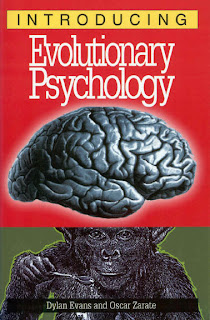When I was in college, I learned that in the old days, European people has a set of strict etiquette rules. If one violates the rules, he or she will not be considered as gentleman or lady, and consequently not be accepted in so-called upper class. Last Thursday, the Institute of Optical Science in UofT organized a dinner on continental etiquette. I joined that dinner to have an experience how Victorian people lived.
The dinner is actually a workshop. There was an instructor,who is a certified etiquette counsel, talking throughout the entire dinner. She "teached" us how to act properly from entering a dinner table till leaving the table. I guess only royal family had the luxury to enjoy such dinner for some of the rules only apply to a formal dinner comprising several dishes. Also, from those rules comes a sense of dignity and pride, which suggests royalty. But the royal class are "gone with the wind". For me, those rules are like chains on the body as well as on the mind. Thank goodness I do not live in Victorian times.
For amusement, here is a list of several interesting rules the certified etiquette counsel talked.
- Enter a table from the left of the chair.
- Put the napkin on top the chair during temporary leaving.
- BMW: bread on the left, meal in the middle, water on the right.
- When replying thanks, say my pleasure instead of no problem.
- The rule of eating: SMALL bite.
- Use the leftmost forks and rightmost knives first if multiple sets are provided.
- Never do the clean-up. Call waiters or hostess.
- When leaving the table temporarily, put the forks and knives in 7:20 position; when finishing the dinner, put the forks and knives in 12:00 position.














